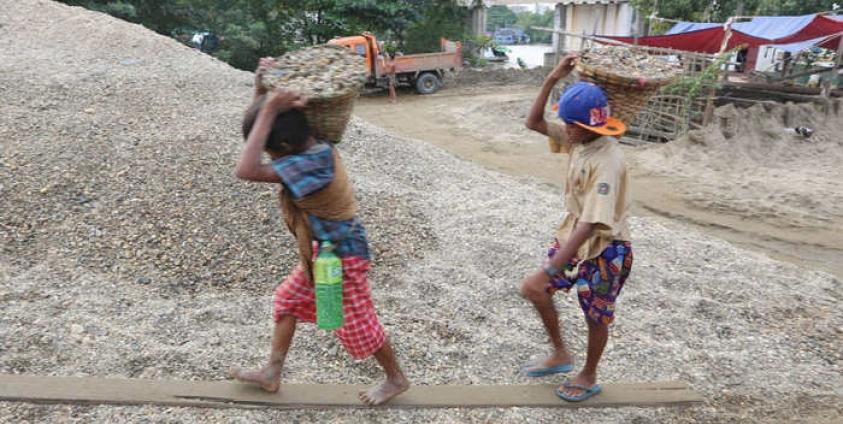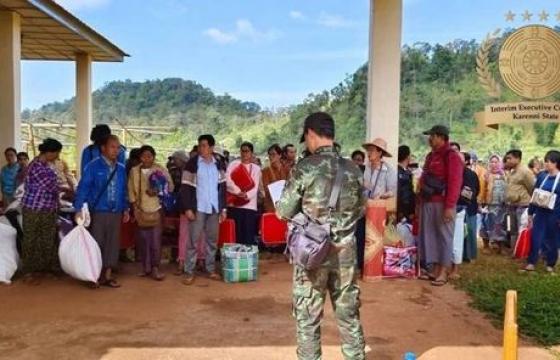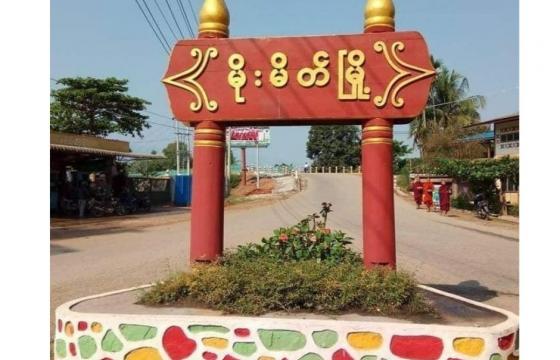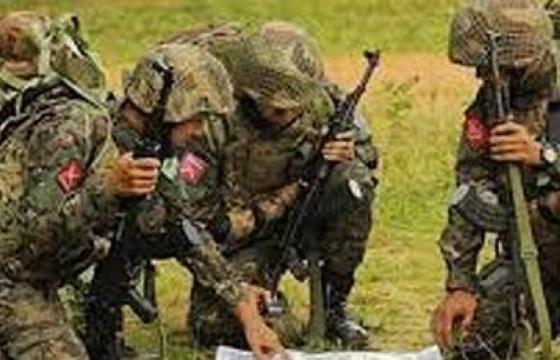On the World Day Against Child Labour, UNICEF is calling for more protection of children in Myanmar.
More than 1.5 million children aged 10-17 or 21 percent are working in Myanmar, according to the 2014 census.
While the country continues to focus on improving the education system for boys and girls, approximately 50 percent of secondary school aged children drop out, according to UNICEF. Many of them choose to work, others are compelled to work by the family due to economic reasons, and some are even forced to work, including in hazardous environments.
This year, the Day Against Child Labour on June 12 aims to draw attention to children’s work in supply chains. Child labour occurs in many occupations, in particular in the rural and informal economies. With a growing economy and increased production of internationally and locally traded goods and services, tackling child labour in supply chains is becoming of key importance for Myanmar.
UNICEF is encouraged by efforts currently underway by the government to address this important issue across sectors. The draft Child Law, which is currently under revision and will soon advance to Parliament, will strengthen legal protection for children, namely by establishing 14 as the minimum age of entry to employment. In addition, the Ministry of Labour has revised the Factories Act and Shops and Establishments Act, raising the minimum age of employment in those sectors, and is now training labour inspectors on child labour.
The most effective strategy to combat child labour is to prevent children from working in the first place, by tackling poverty and by increasing children’s access to quality education. The Government’s social protection strategy envisages universal cash transfers to pregnant mothers and children, and the development of 6000 trained social workers deployed across the country. Resourcing this strategy would help to reduce the number of children being sent to work out of economic necessity and equip the country with the social workers needed to respond to various household vulnerabilities.
UNICEF further encourages the Government of Myanmar to allocate the necessary resources to the social sectors. Together we can achieve the UN sustainable development goal on decent work and economic growth, which calls for immediate measures to secure the prohibition and elimination of the worst forms of child labour, and to end child labour in all its forms by 2025.







